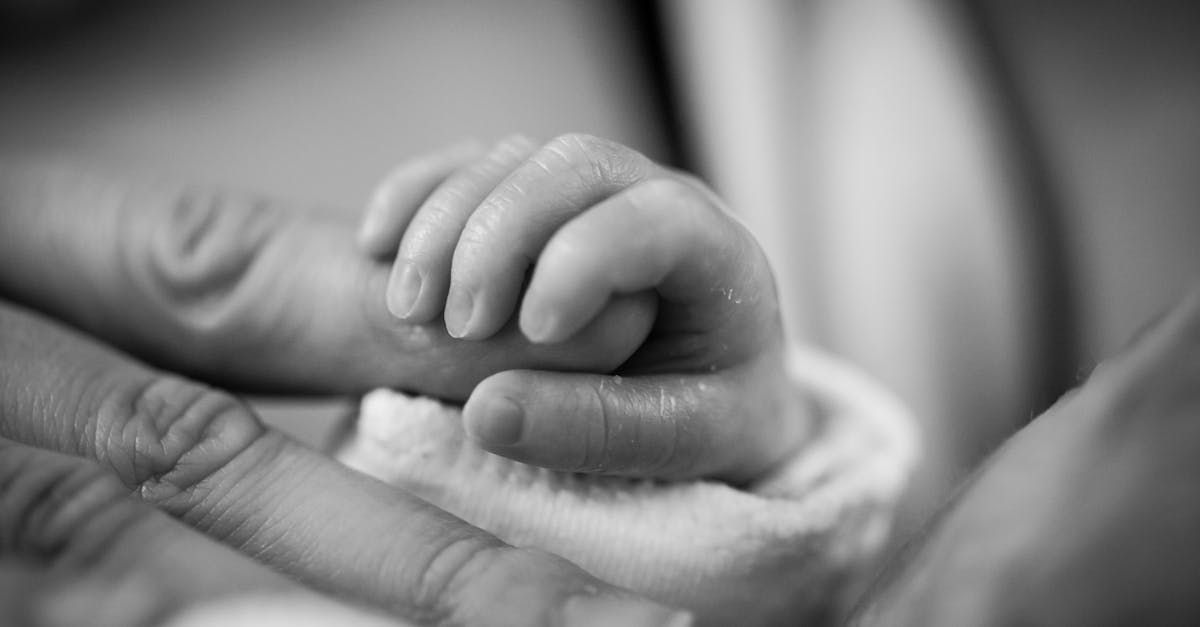Urgent Care Visits for RSV

RSV Bronchiolitis: When is it an Emergency?
RSV bronchiolitis can seem very scary as it is making headlines all over social media. Here are some tips to help treat this illness at home and decide if a trip to the urgent care or emergency department is necessary.
What is RSV?
RSV (Respiratory syncytial virus) is one of many viruses that causes respiratory illness. In some kids, usually <2 years of age, RSV can cause illness more severe than the common cold. Similar to the common cold, it can cause a fever (>100.4 F), cough, congestion, runny nose, and poor feeding. However, RSV can also affect the lower airways causing wheezing and increased work of breathing (belly breathing or using the muscles between the ribs and/or the lower neck). These episodes of labored breathing are often broken up by coughing spells and vomiting swallowed mucus that help clear the airway temporarily. These are followed by an brief period of relief that allow for feedings and rest. Home pulse oximeters can be inaccurate in infants but please call if you're concerned.
What can I do at home?
Like any bad cold, treating the symptoms of RSV to make your child more comfortable is the first thing to do.
- Nasal saline with suctioning: Squirting nasal saline in the nose and suctioning with a NoseFrida or a blue bulb will allow for easier breathing and feeding. Closing one nostril while you are suctioning the other will allow for better suction.
- Humidity: Humidity will help thin and break up mucus. Sitting in the bathroom with your baby while running a hot steamy shower or a cool mist-humidifier in the room can help.
- Fluids and frequent feedings: Feedings can be difficult as it can be hard for your baby to breath and handle mucus while eating. Milk, their main source of fluid, can also thicken mucus making it harder for your baby to breathe. Smaller, more frequent feedings may be needed during times of heavy mucus. Supplementing with rehydration fluids (Pedialyte) during this illness will help keep your baby hydrated if breast milk or formula lead to excessive mucus.
- Fever Reducer Medicine: When your baby has a fever, they will increase how fast and hard they breathe. Acetaminophen (Tylenol) or ibuprofen (if over 6 months) will help make them more comfortable.
When do babies need an urgent care evaluation for RSV?
- Dehydration (less than 3-4 wet diapers in a 24-hour period). This may be treated with IV fluids or hospital admission.
- Labored breathing (video) that continues without relief for hours. This may be treated with deep suctioning, oxygen or hospital admission.
This
link from the AAP has more information.
If you are uncertain or have any questions, call us at (417) 882-1600.
Justin Chu MS3
University of Missouri School of Medicine
Springfield campus










